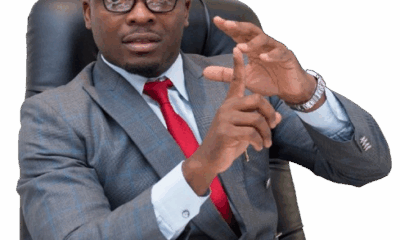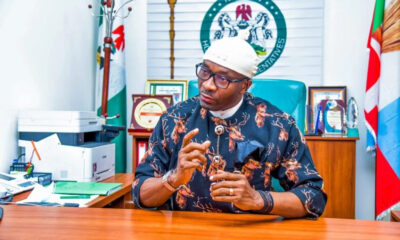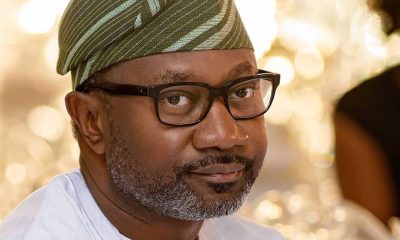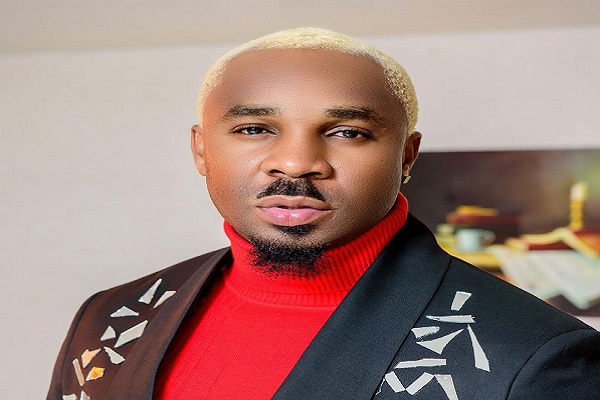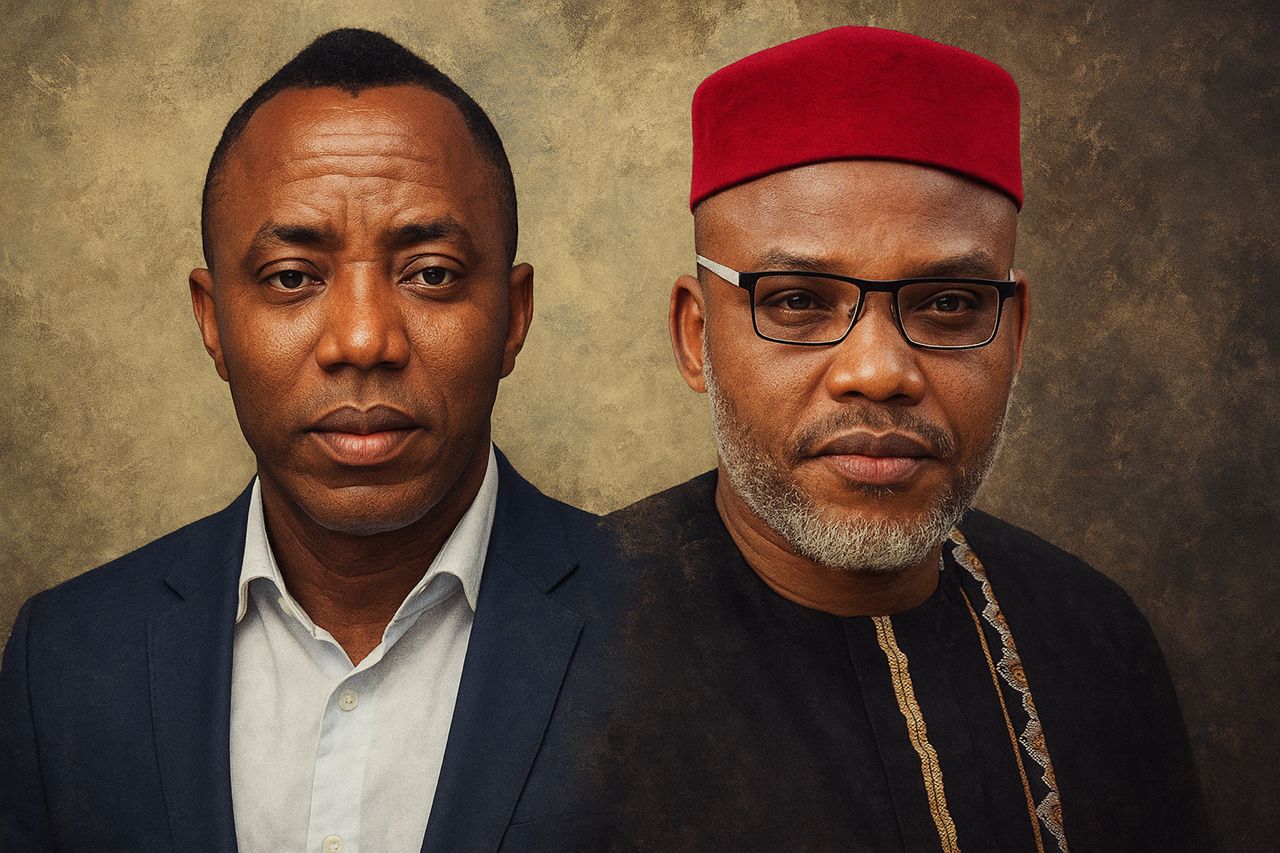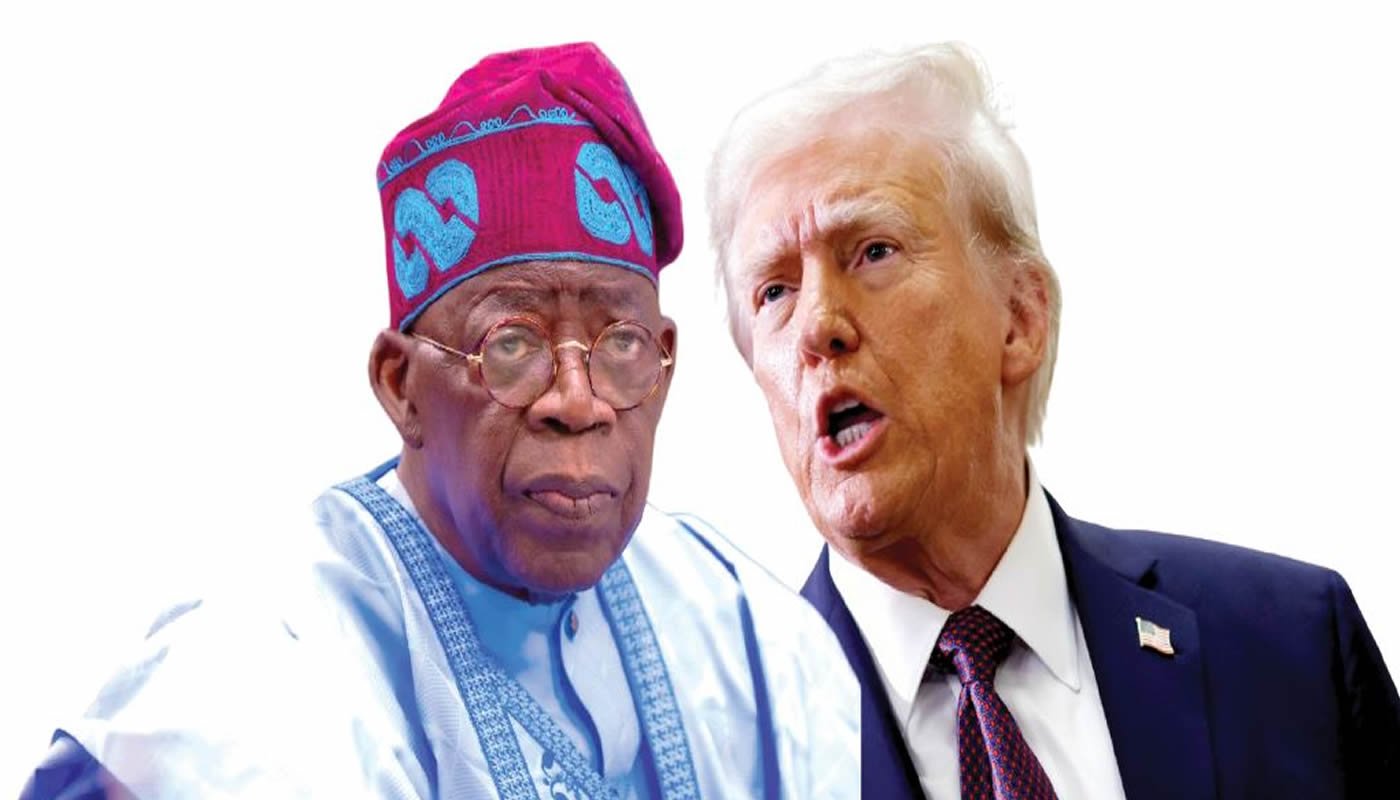There is something quietly shifting in Nigeria’s political undercurrent, especially among those who once stood at the frontlines of revolution.
Omoyele Sowore, once the fiery voice of Revolution Now, represented the restless conscience of Nigeria’s youth. His words were blunt, his courage consistent, his energy contagious. He demanded accountability and envisioned a reformed, united Nigeria where leadership was answerable to the people. But time, pressure, and politics test even the boldest voices. In recent years, Sowore’s radical posture seems to have softened. What was once open defiance has become more calculated. His critics call it compromise; his defenders call it strategy.
Then came the curious twist: Sowore aligning himself with the call for the release of Nnamdi Kanu, leader of the Indigenous People of Biafra (IPOB). On the surface, it looked like a humane and patriotic act, defending the right of another citizen to fair treatment. But symbolically, it carried a deeper contradiction.
Sowore’s revolution was always about fixing Nigeria. Kanu’s mission, by contrast, has been to leave it. One advocates reform through unity, the other through separation. Yet here they stand, momentarily aligned.
To understand how unusual this is, it helps to remember that Nigeria’s history is filled with such uneasy friendships. The country has always been a patchwork of opposing interests that occasionally find reason to clasp hands, even if briefly.
History’s Reminder: When Opposites Collide
In the early 1960s, shortly after independence, Nnamdi Azikiwe’s National Council of Nigeria and the Cameroons (NCNC) entered a partnership with Abubakar Tafawa Balewa’s Northern People’s Congress (NPC). It was a marriage between the progressive South and the conservative North, between those who envisioned a united, modern Nigeria and those who preferred to maintain regional dominance and autonomy. For a moment, it worked. Azikiwe became Governor-General and Balewa, Prime Minister. Nigeria stood tall before the world, appearing united. Yet beneath the surface, distrust simmered. Each camp saw the other as using the alliance for political convenience, not national vision. Within a few years, the partnership collapsed, leaving behind a bitter legacy of suspicion that still echoes today.
A similar scene replayed in the Second Republic. Shehu Shagari’s National Party of Nigeria (NPN) and Nnamdi Azikiwe’s Nigeria Peoples Party (NPP) tried to form a coalition that many hailed as a symbol of reconciliation and national unity. But the honeymoon ended quickly. The NPP accused its partner of marginalization and betrayal. The alliance dissolved almost as quickly as it was formed, and the country soon descended into another cycle of political distrust and military takeovers.
What both alliances had in common was not just the ideological mismatch, but the imbalance of power. Each time, the side driven by principle was overshadowed by the one driven by pragmatism. The partnership survived only as long as it served political convenience.
Connecting It to the Present
This is why the Sowore and Kanu alignment feels both familiar and fragile. They may not have signed a formal political pact, but their public alignment carries a weight of symbolism. One represents reform through unity; the other, liberation through separation. Both share anger at the system, but their end goals are worlds apart.
In today’s digital era, alliances form faster and travel farther than in the 1960s or 1980s. Public sentiment moves with hashtags, and solidarity can trend before it matures. Sowore’s support for Kanu’s release may have begun as a human rights gesture, yet it also introduces him to a new audience, one deeply emotional, regionally rooted, and politically wary of the same system he seeks to reform. The question is whether such alignment strengthens both causes or blurs them. History suggests that in pairings like this, one voice eventually overpowers the other. The louder, more emotionally charged narrative becomes the dominant one. For Sowore, whose strength has always been moral clarity and national appeal, standing beside Kanu could risk diluting his revolutionary image into a regional or tribal conversation.
Yet, perhaps this is a sign of something more nuanced. Maybe it reflects a growing recognition that justice cannot be selective, that freedom for one region is incomplete without fairness for all. In that sense, Sowore’s stance could be seen as an evolution of his movement, one that transcends ideology and centers humanity.
Still, Nigeria’s political history offers a sober warning. Whenever opposites unite, the handshake usually hides a silent calculation. Motives differ, priorities conflict, and the partnership often fractures long before the mission is achieved. From Azikiwe and Balewa to Shagari and Zik, such alliances have rarely ended as they began.
The Waiting Question
So, what do we make of this latest alignment? A reformist calling for the freedom of a separatist is not new in world politics. History is full of idealists who joined hands, briefly, for a greater moral cause. But in Nigeria, where unity itself remains contested, such collaborations always carry deeper meaning.
Sowore and Kanu might prove history wrong. They might show that two opposing visions can still share a common moral ground. Or, like so many before them, they may become another example of how power and principle rarely coexist peacefully.
Either way, it’s a story worth watching, not for what it says about their politics today, but for what it might reveal about Nigeria’s political future.
So, what’s your take?
Is this the beginning of a broader civic awakening, or just another convenient alliance between incompatible ideals?

 BIG STORY2 days ago
BIG STORY2 days ago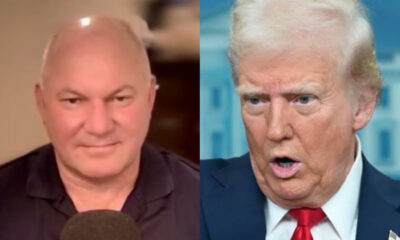
 BIG STORY2 days ago
BIG STORY2 days ago
 BIG STORY21 hours ago
BIG STORY21 hours ago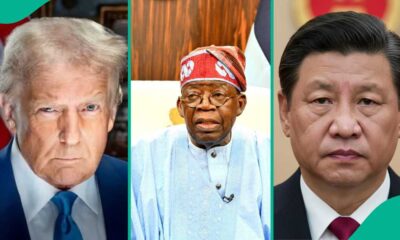
 BIG STORY22 hours ago
BIG STORY22 hours ago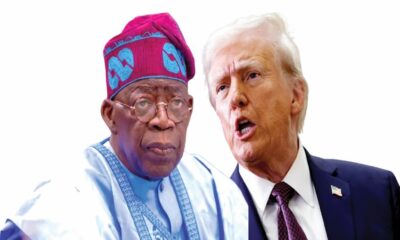
 BIG STORY3 days ago
BIG STORY3 days ago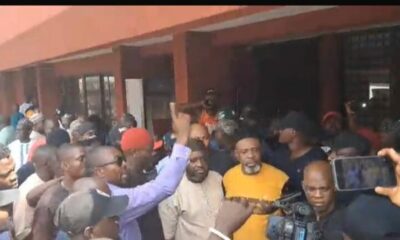
 BIG STORY2 days ago
BIG STORY2 days ago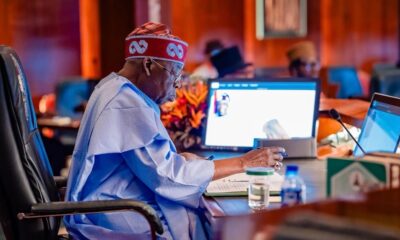
 BIG STORY5 days ago
BIG STORY5 days ago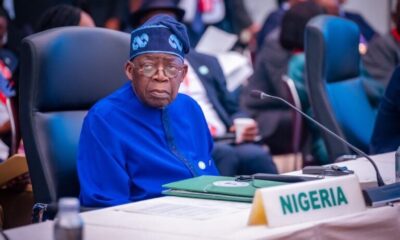
 BIG STORY20 hours ago
BIG STORY20 hours ago







